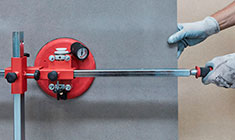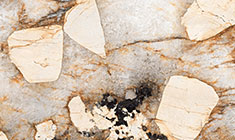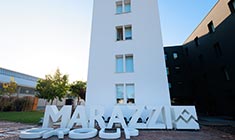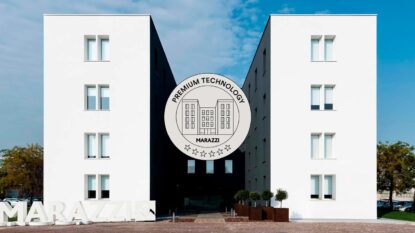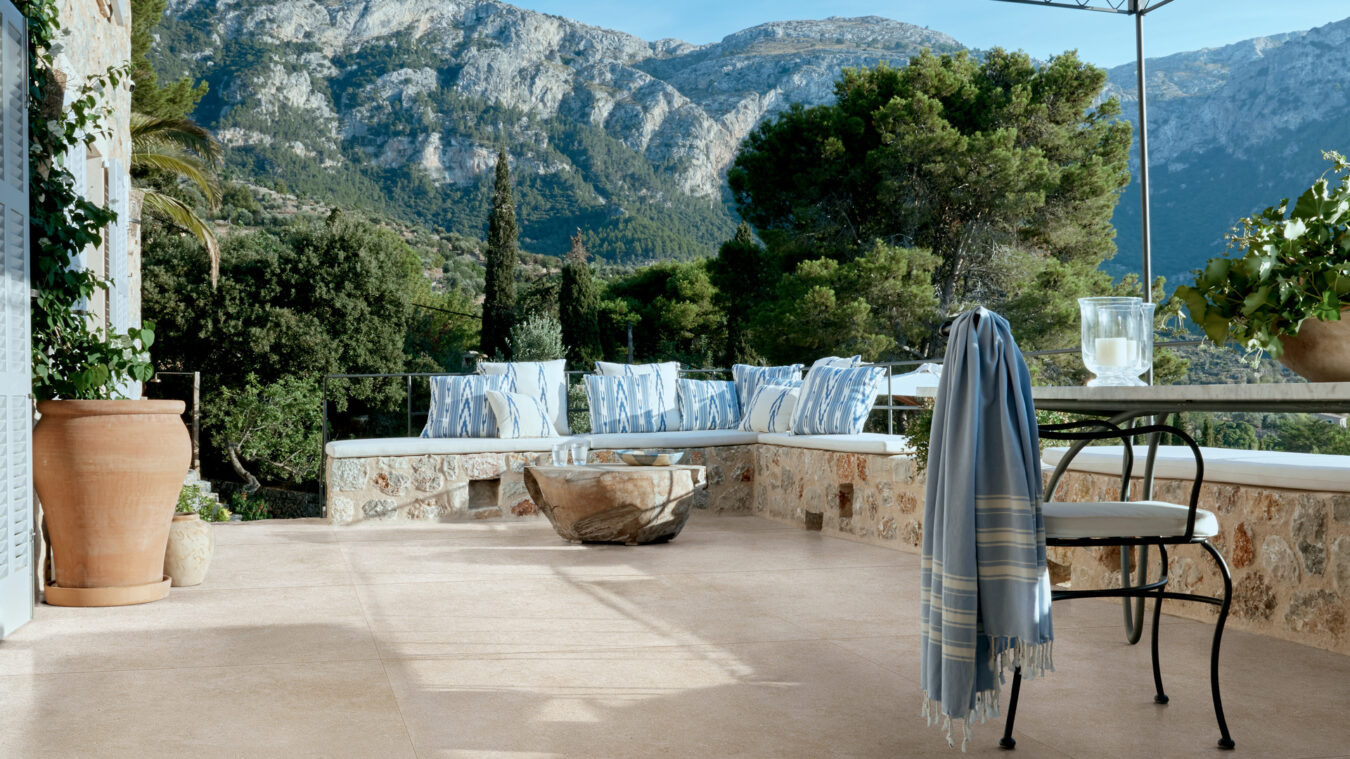The ISO 17889-1 standard provides a system for assessing product sustainability using qualitative and quantitative indicators, identified and categorised according to the three pillars of sustainability: environmental, social and economic. The entire life cycle of ceramic tiles is analysed, from raw material selection to production, distribution and installation, through to product use and end-of-life management.
The system consists of 38 indicators, divided into mandatory and voluntary, and a multi-rating scoring system:
- 15 mandatory requirements set out the minimum pre-requisites that a tile must possess to be defined as sustainable. If a product does not fulfil all these criteria, it cannot qualify for certification;
- 23 voluntary requirements assign a score from 100 to 130 according to different product and process performance levels.
The new technical standard promotes and encourages use of regional raw materials and transport by rail and sea, rather than by road, while coal is banned from useable fuels in favour of natural gas, renewable sources and cogeneration techniques. The standard also sets a performance level for water use and stipulates stringent performance levels for thermal consumption and pollutant emissions into the atmosphere.
A historic focus
Marazzi is by no means unprepared for these new requirements. In 1974, the company patented the fast single-firing process, which revolutionised ceramic tile production and became the most widely used production method worldwide, with a dramatic reduction in energy consumption. This was the pinnacle event in a long series of certifications and awards, which were joined by ISO 17889-1:2021 certification – a further step that evidenced the company’s sound direction and continuous improvement.
The company is also known for its closed cycle production process, limiting the consumption of natural resources, optimising energy consumption, and developing a system for collecting and utilising production waste, processing water, the raw materials it contains, and the heat generated in certain phases. In terms of energy saving and the use of renewable energy sources, Marazzi has equipped its plants with cogeneration plants, which allow it to self-produce about 75% of its energy needs and to power the raw material preparation phase. This focus on the ecological quality of the entire industrial cycle also includes the restoration of the morphology and vegetation of the quarries.
From the environment to social responsibility
Marazzi Group has always championed sustainability that embraces both social and environmental aspects. Safety is a priority; from the safety of staff working in the plants and installers to safe use by the end user, as stipulated in ISO 17889-1. The company performs constant checks on occupational health, hygiene and safety levels in its workplaces, making any technical and organisational changes, including through direct involvement of its employees, to whom it offers continuous educational and training courses to guarantee compliance with the set safety and environmental standards.












